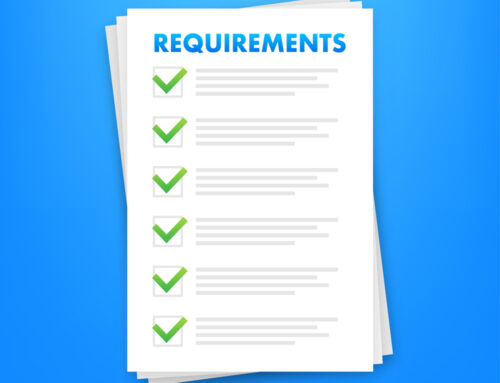 It’s fall, which means that high school seniors across the country are busy filling out college applications and writing essays. Many students also are trying to decide if they’re going to apply to a college early decision. Early Decision (ED) is a binding commitment: students who are accepted to a college under this decision plan must attend. Therefore, as I always tell my students, you shouldn’t apply to a school ED unless you are absolutely certain it’s your first choice.
It’s fall, which means that high school seniors across the country are busy filling out college applications and writing essays. Many students also are trying to decide if they’re going to apply to a college early decision. Early Decision (ED) is a binding commitment: students who are accepted to a college under this decision plan must attend. Therefore, as I always tell my students, you shouldn’t apply to a school ED unless you are absolutely certain it’s your first choice.
Not all colleges offer Early Decision, but if you’re considering a college that does, you might be wondering, “If I know that this school is my first choice, why wouldn’t I apply Early Decision?” Yet, there are both pros and cons of applying ED, which I will outline in this blog post.
Pros:
You might have a better chance of being admitted. Many colleges, especially highly selective ones, accept a significantly higher number of applicants Early Decision compared to Regular Decision (RD). In January, Inside Higher Ed reported that for colleges offering ED, the average ED acceptance rate was 62.3%, while the average RD acceptance rate was 50.7%. Below are a handful of colleges’ ED and RD acceptance rates for the 2018-2019 admissions cycle:
- Colorado College: ED: 27%, RD: 5% (Colorado College also offers a non-binding Early Action plan, and the acceptance rate for that was 15%.)
- Duke University: ED: 18%, RD: 6.4%
- Northwestern University: ED: 25%, RD: 6.9%
- Rice University: ED: 18%, RD: 10.3% (These numbers are for the 2017-2018 admissions cycle. Rice has not yet released data for the 2018-2019 cycle.)
- University of Pennsylvania: ED: 18%, RD: 5.5%
- Vanderbilt University: ED: 19.8%, RD: 6.3%
It’s also important to note that many colleges fill more than half of their freshman class with students who apply ED. For example, Duke reported that 51% of its class of 2023 was made up of ED applicants.
You may know where you’re going earlier in your senior year. Most ED deadlines are November 1 or November 15, and most ED decisions are released in mid- to late December. This means that if you get in, you’ll know which college you’ll be attending long before you would if you applied RD, as many colleges don’t release RD decisions until mid- to late March. That being said, you’ll still have to complete the majority of your RD applications before you hear from the college to which you applied ED. Most RD deadlines are January 1 or January 15, so if you aren’t admitted ED and haven’t finished the rest of your applications beforehand, you’ll likely have to spend your winter break working on them.
Cons:
You’ll be less likely to get a merit scholarship. In my experience, colleges that award merit scholarships rarely offer them to students who apply ED. The reason is fairly obvious: a student who applies ED is telling a college that it is the student’s first choice and they want to go to that school above all others. Merit scholarships are often awarded to students as an incentive for them to attend a college, but students who apply ED are committed to attending if admitted; they need no additional incentives. Thus, colleges are more likely to reserve merit scholarships for students who apply RD.
You won’t be able to compare financial aid and scholarship offers. Whether they’re applying for need- or merit-based aid or both, students who apply and are admitted ED won’t have the ability to compare financial aid offers from different colleges. While ED is binding, colleges allow students to break an ED agreement if the financial aid offered does not meet the family’s needs, but doing so is not as easy as it sounds. If financial aid/scholarships are going to be a significant factor in a student’s/family’s decision of which college to attend, the student should not apply ED.
You can’t change your mind. Perhaps this should go without saying, but some students don’t take the time to really think it through. Human beings are fickle, and from what I’ve observed, teenagers are especially so. As the mother of one of my students recently said to her daughter, “You buy a pair of shoes and six months later, you decide you hate them.” I tell my students they shouldn’t apply to a college ED unless they are 120% sure it is their first choice. While you can’t actually be more than 100% certain about anything, the point is that students need to think long and hard and about whether a school is really their first choice (and also talk with their parents about it). Students should not apply ED simply to improve their chances of admission and/or because they want to be finished with the process earlier than their friends.
As you consider applying to a college ED, keep these advantages and disadvantages in mind. Whatever you decide, good luck!





